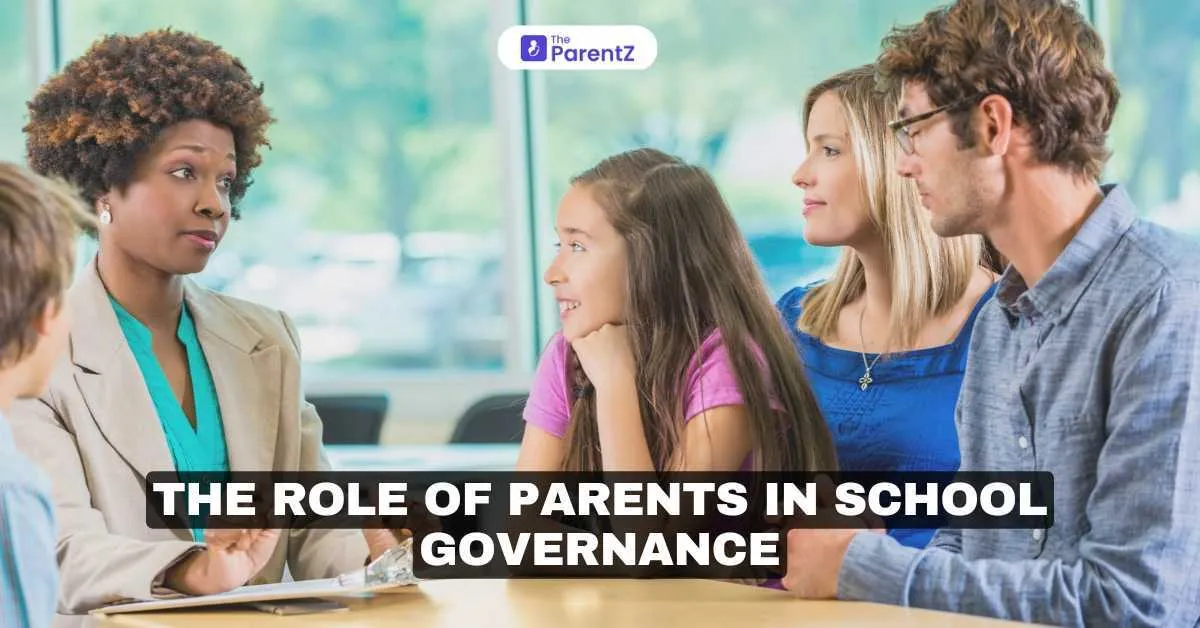The role of parents in school governance is more important than ever. When parents get involved in school governance, they play a key part in shaping education policy and creating a positive environment for their children. Let's explore why parent involvement matters, how parents can engage in governance, and the benefits of being an active participant in their child's education.
Understanding School Governance
School Governance is all about how schools are managed and operated. This includes decision-making bodies like school boards, parent-teacher associations (PTAs), and advisory councils. Effective governance ensures that schools meet educational standards, allocate resources wisely, and create policies that benefit students and families. So, where do parents fit into this picture?
Why Should Parents Get Involved?
Research shows that when parents are engaged in their child's education, amazing things happen! Kids tend to get better grades, behave better, and develop strong social skills. Plus, when parents are active in the school community, it creates a sense of belonging for everyone involved.
How Can Parents Get Involved in School Governance?
Let us explore some practical ways to get involved:
- Join Committees and Boards: One of the best ways to have a say is by serving on committees or school boards. This gives you a platform to voice concerns and suggest improvements. You'll also gain insight into the challenges schools face and work alongside educators to find solutions.
- Advocate for Education Policy: Your voice matters! By participating in discussions about curriculum changes or funding allocations, you can help shape policies that support quality education. Attend school board meetings or community forums to share your thoughts and ideas.
- Build Relationships with Educators: Establishing strong connections with teachers and administrators is crucial. Open communication helps you understand what's happening in the classroom and allows you to provide valuable insights into your child's needs.
- Volunteer for School Activities: Getting involved in school activities—like organizing events or assisting in classrooms—shows your commitment to the school community. Plus, it enriches the educational experience for all students!
- Engage with Other Parents: Don't underestimate the power of collaboration! Organize meetings or forums with other parents to discuss school policies and practices. This ensures that diverse perspectives are heard during decision-making processes.
What Are the Benefits of Parental Involvement?
Here are some fantastic benefits of being an active participant:
- Better Student Outcomes: Studies consistently show that schools with engaged parents see improved academic performance among students. When kids feel supported at home and school, they're more motivated to succeed.
- A Positive School Culture: When parents and educators work together, it creates a welcoming environment where everyone feels valued. This collaborative spirit encourages families to support school initiatives actively.
- Increased Accountability: Having parents involved means there's an extra layer of accountability for educators and administrators. When parents have a seat at the table, they can ensure that schools meet educational standards and address community needs.
- Stronger Community Ties: Parental involvement helps bridge connections between schools and the local community. Engaged parents often collaborate with local organizations to enhance educational resources for students.
Frequently Asked Questions
Let's tackle some common questions parents have about getting involved:
How can I get started with school governance?
You can join PTAs or school boards, volunteer for committees, attend school meetings, or advocate for education policy changes within your community.
Does parental involvement really impact student success?
Absolutely! Kids whose parents are actively involved tend to perform better academically and develop better social skills.
What challenges might I face when trying to get involved?
Time constraints due to work commitments or feeling intimidated by the governance process are common hurdles.
How can schools encourage more parent involvement?
Schools can help by providing clear communication about opportunities for involvement and creating welcoming environments for families.
Conclusion
The role of parents in school governance is vital for creating an effective educational system. By actively participating in decision-making procedures and advocating for your children's needs, you not only enhance your own children's learning experiences but also contribute positively to the entire school community. Emphasizing parent involvement, understanding its significance within education policy, and encouraging collaboration between families and schools will lead to better outcomes for students and a stronger educational framework overall.
Getting involved might seem daunting at first, but remember: every little bit counts! Your voice matters, and together, we can make a difference in our children's education!








Be the first one to comment on this story.